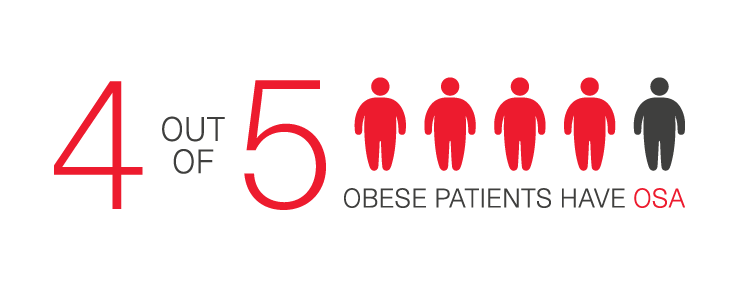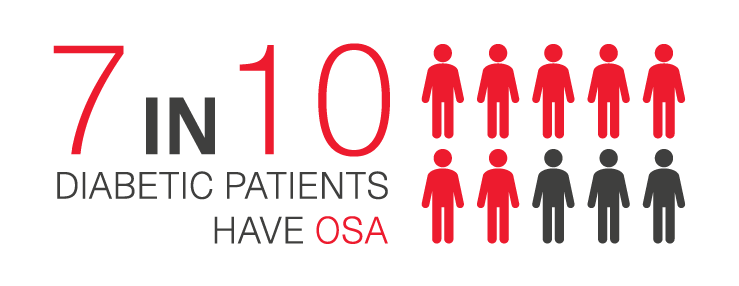Sleep Apnea is among the most common sleep disorders. This is mainly characterized by repeated upper airway disturbances during sleep, which causes breathing to stop for some seconds, throughout the night. This interrupted breathing causes a significant drop in oxygen levels in the blood, resulting in an episode of Apnea.
People who suffer from Sleep Apnea may snort, or gasp loudly as breathing resumes during sleep. It can also cause choking due to obstructed airways.
What are the major causes of Sleep Apnea?
There are several factors that contribute to the onset of Sleep Apnea in people. These range from your body weight to the formation and shape of your tongue.
- Being overweight can cause Sleep Apnea, as soft and fat tissues tend to thicken the walls of the windpipe, which obstructs the pathway of air.

- Your tongue size can also cause Sleep Apnea. If the tongue is thicker or larger than the opening in the windpipe, it will disrupt the passage of air into the windpipe, making it difficult to breathe while you are asleep.
- A condition called deviated septum can also trigger Sleep Apnea among many individuals. A deviated septum is a result of the deviated bone and cartilage (septum), that divides the nasal cavity in half - is placed off-centre or is crooked. This disrupts your normal breathing. However, only severe conditions of imbalance of the septum lead to Sleep Apnea.
- Smoking and alcohol are also associated with several forms of breathing problems and can be a trigger to cause problems like Sleep Apnea.
- Ageing also affects breathing patterns. Ageing weakens the ability of the brain signals to indicate the throat muscles, to stay stiff while you are asleep. The airway either narrows or collapses because of this, giving rise to Sleep Apnea.
- Other medical conditions like high blood pressure and diabetes are also causal factors of breathing issues in Sleep Apnea.

Know if you have sleep apnea, Treatment of Sleep apnea, and Myths related to Sleep Apnea


